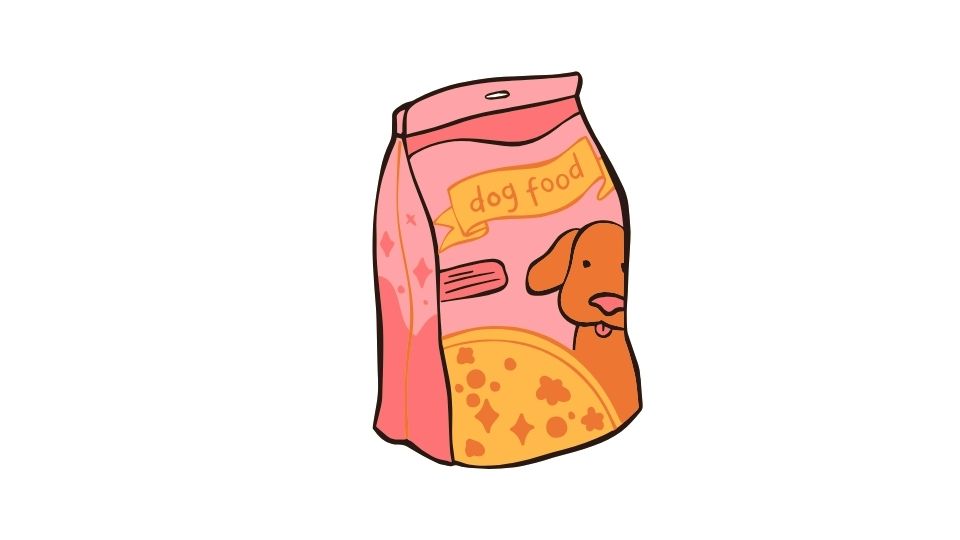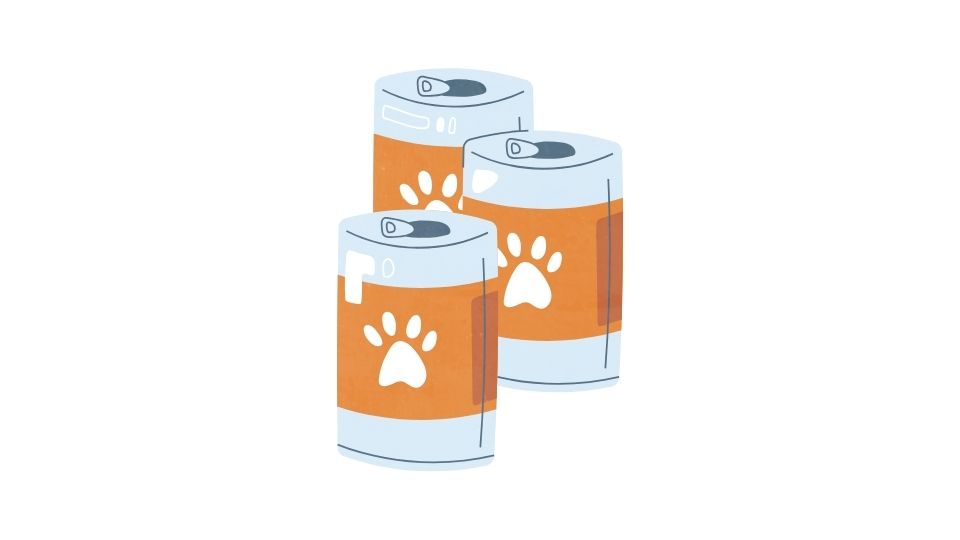Best Dry Dog Food for Skin Allergies
Best Dry Dog Food for Skin Allergies

Is your dog scratching like they’re auditioning for a DJ position? Itchy skin, red patches, and constant licking might mean your furry friend is dealing with skin allergies.
And while there are many ways to help your scratchy buddy, one of the most important is choosing the right dry dog food.
Let me walk you through everything you need to know about picking the perfect kibble for your itchy pup – from understanding what’s causing those allergies to the best food options that might actually help.
Because let’s be real: we all want our dogs happy, healthy, and not destroying our furniture with their constant scratching.
Finding the Right Food for Your Itchy Dog
So your dog is scratching non-stop, has red skin, or maybe even some hair loss. Before you spend hundreds of dollars on fancy dog food, let’s understand what’s actually happening with your pup.
What’s Making Your Dog So Itchy?

Dogs get skin allergies from three main sources:
- Food allergies (proteins like chicken, beef or grains)
- Environmental allergies (pollen, dust mites, mold)
- Flea allergies (even one flea bite can cause weeks of itching)
Food allergies in dogs usually show up as:
- Constant scratching (especially paws, face, ears, and belly)
- Red, irritated skin
- Ear infections that keep coming back
- Sometimes digestive issues like diarrhea or vomiting
The tricky part? These symptoms look almost identical whether your dog is allergic to chicken or allergic to your neighbor’s freshly cut grass.
Most people jump to conclusions and blame food right away. But here’s the truth: food allergies only account for about 10% of all dog allergies. Most itchy dogs are actually reacting to environmental stuff or fleas!
That said, if your dog does have food allergies, changing their diet is a game-changer.
How to Figure Out If Food Is the Problem

The only reliable way to diagnose food allergies is through an elimination diet (also called a food trial). This is basically the doggy version of Whole30, but it lasts 8-12 weeks.
Here’s how it works:
- Your dog eats ONLY a special diet with proteins they’ve never had before
- No treats, table scraps, flavored medications, or chews allowed (yes, it’s strict)
- If symptoms improve, you’ve confirmed food is the issue
- Then you can slowly reintroduce ingredients to find the specific allergen
This isn’t something you should DIY – work with your veterinarian to set up a proper food trial.
What Makes a Good Dry Dog Food for Allergies?
If you’ve confirmed your dog has food allergies, you’ll want to look for these features in their new kibble:
1. Limited Ingredient Diets (LID)
These foods have fewer ingredients overall, which means:
- Fewer potential allergens
- Easier to identify problem ingredients
- Simpler for sensitive digestive systems
Think of it like eating plain rice instead of fried rice with twenty ingredients – less chance for trouble!
2. Novel Protein Sources
Most dogs become allergic to proteins they eat frequently. The solution? Feed them proteins they’ve never had before:
- Venison
- Duck
- Rabbit
- Kangaroo (yes, really!)
- Fish (if they haven’t had it before)
3. Hydrolyzed Protein Diets
This is the heavy artillery of allergy foods. The proteins are broken down into pieces so small that the immune system doesn’t recognize them as allergens.
These diets are:
- Usually prescription-only
- More expensive
- Extremely effective for true food allergies
4. Skin-Supporting Nutrients
Look for foods with:
- Omega-3 fatty acids (fish oil, flaxseed)
- Omega-6 fatty acids (sunflower oil, safflower oil)
- Vitamin E
- Zinc
These nutrients help repair the skin barrier and reduce inflammation. They won’t cure allergies, but they’ll help your dog’s skin heal faster.
Top Recommended Dry Dog Foods for Itchy Skin
Based on veterinary recommendations and ingredients that support skin health, here are some solid options:
| Food | Key Features | Best For | | --- | --- | --- | | Hill’s Prescription Diet z/d | Hydrolyzed protein, zero common allergens | Severe allergies | | Purina Pro Plan Sensitive Skin & Stomach | Salmon-based, omega-rich, no corn/wheat/soy | Mild to moderate skin issues | | Natural Balance L.I.D. | Single protein source, limited ingredients | Food sensitivities | | Royal Canin Selected Protein | Novel proteins, strict manufacturing | Diagnosed food allergies |
Remember – the “best” food is the one that works for YOUR dog. Every dog is different, and what works for your neighbor’s itchy retriever might not work for your scratchy shepherd.
Beyond Kibble: Other Ways to Help Your Itchy Dog

Food is just one piece of the puzzle. While you’re figuring out the perfect diet, these strategies can help your dog feel better:
- Regular bathing with gentle, veterinarian-recommended shampoos can wash away allergens
- Omega-3 supplements reduce inflammation (check with your vet for dosing)
- Antihistamines may help mild cases (but honestly, they’re often not strong enough)
- Prescription medications like Apoquel, Cytopoint, or steroids for severe cases
- Environmental management – frequent vacuuming, air purifiers, wiping paws after walks
Keep Track of What Works (And What Doesn’t)
When dealing with allergies, documentation is your best friend. Tracking your dog’s symptoms, diet, and environment can help spot patterns and find solutions faster.
MealByMeal.com offers pet owners a simple way to text your dog’s meals and track their diet alongside any symptoms they’re experiencing. This can be super helpful when:
- Trying to identify food triggers
- Tracking improvement during food trials
- Maintaining consistency in your dog’s diet
- Sharing detailed information with your vet
The Bottom Line on Allergies and Dog Food

Finding the right food for an allergic dog takes patience. Sometimes it’s a quick fix – switch foods and boom, your dog stops scratching. But more often, it’s a process of trial and error that might take months.
Remember:
- Don’t self-diagnose – work with your vet
- Be strict with food trials – no cheating!
- Give new foods at least 8-12 weeks before deciding if they work
- Consider all sources of allergies, not just food
- Be patient – healing takes time
The good news? With the right approach, most dogs with skin allergies can find relief. And nothing beats seeing your itchy, uncomfortable pup transform back into their happy, playful self.
Dog allergies might be frustrating, but they’re usually manageable. With the right food, some lifestyle adjustments, and maybe some help from modern veterinary medicine, your scratchy dog can get back to what they do best – being your best friend, not a scratching machine.
Want more posts like this?Sign up for our FREE newsletter →
